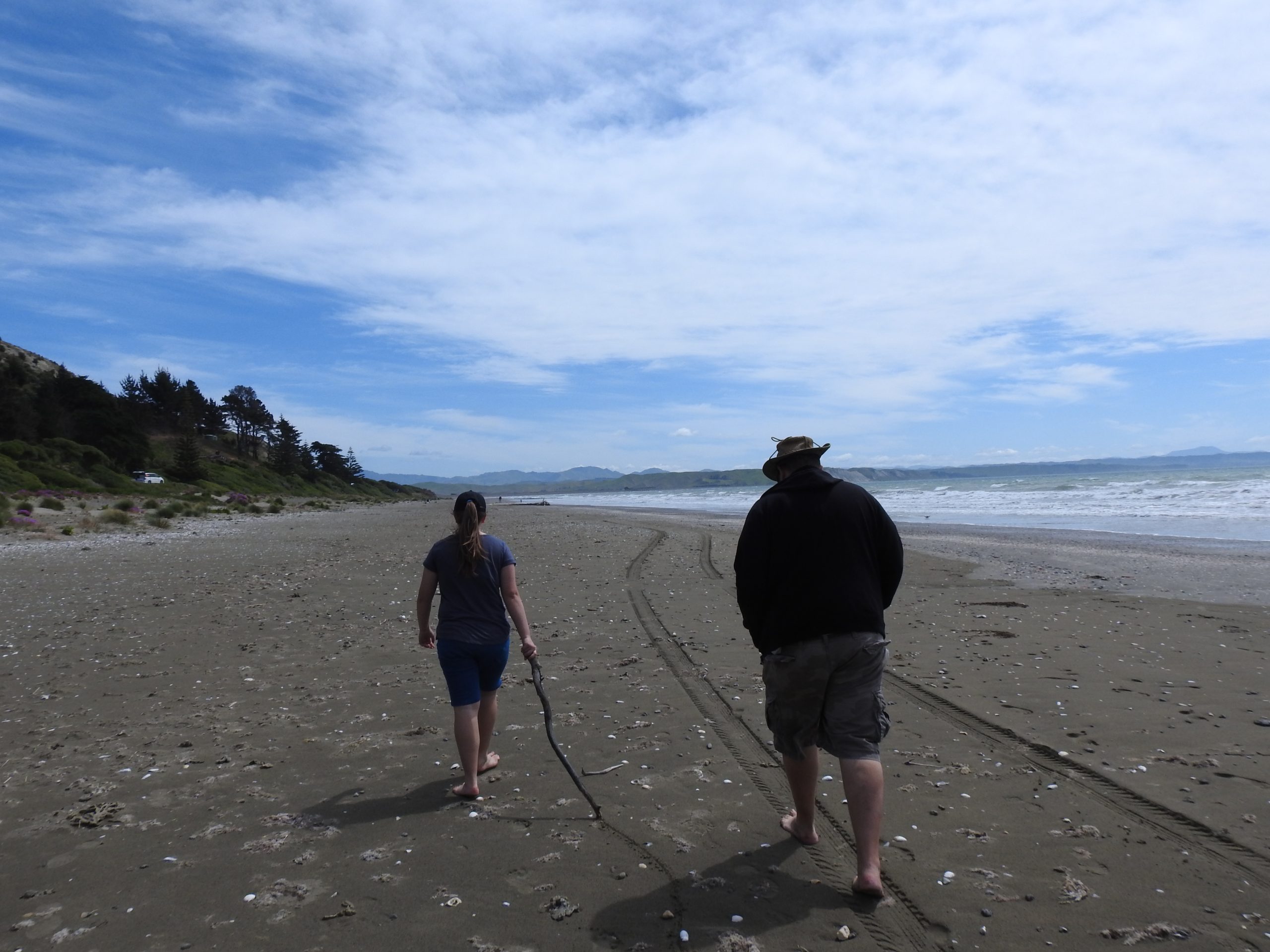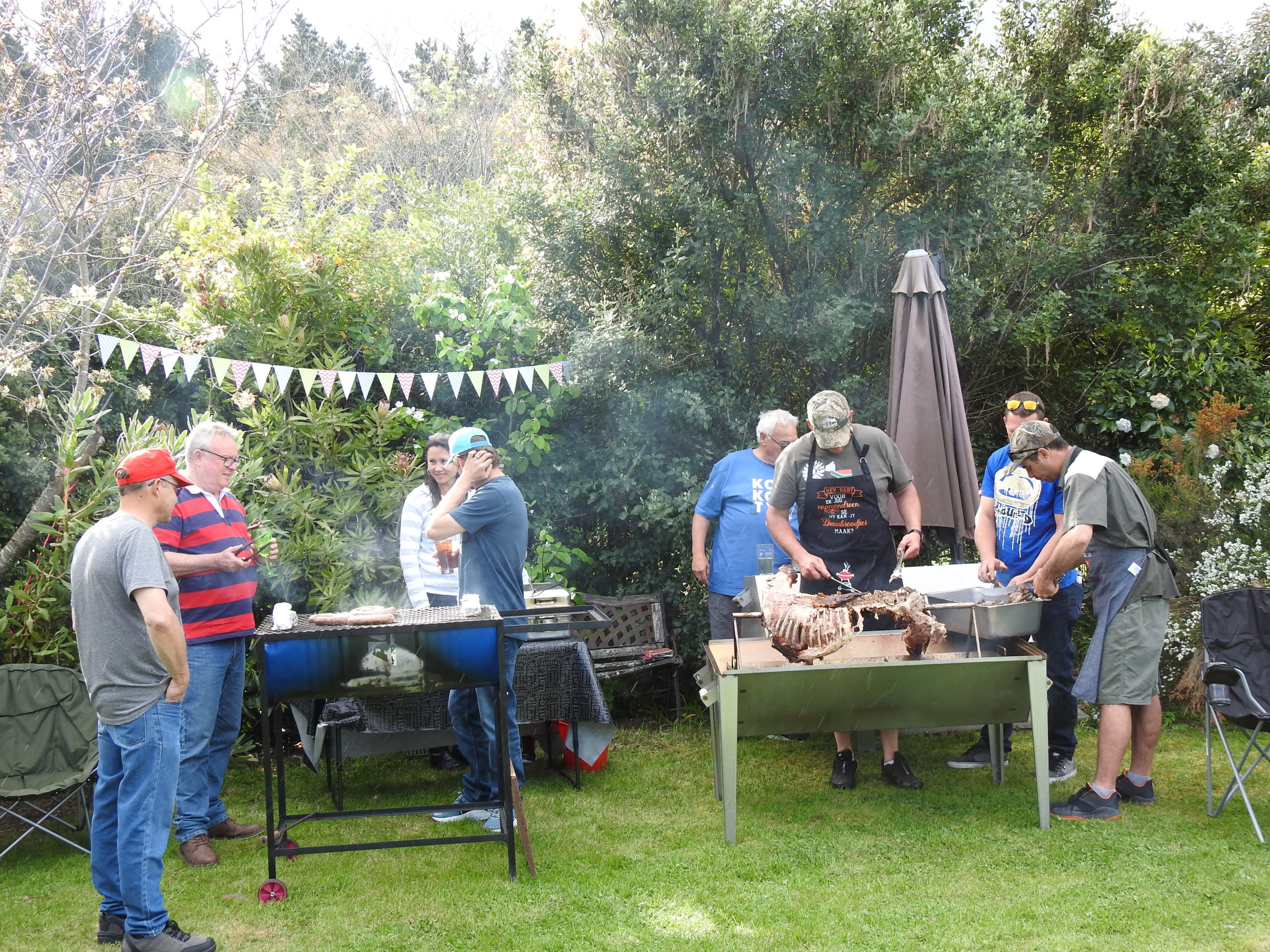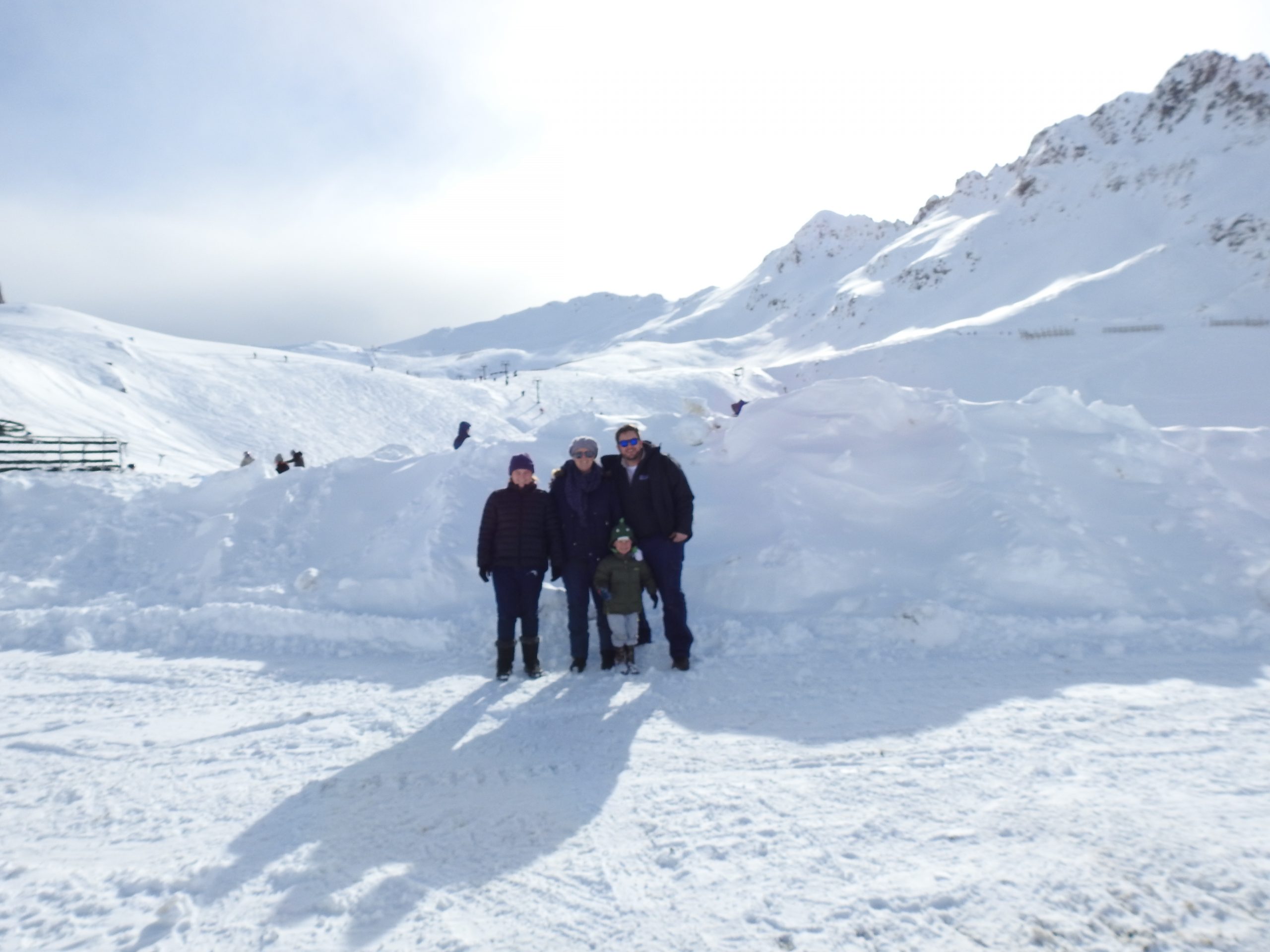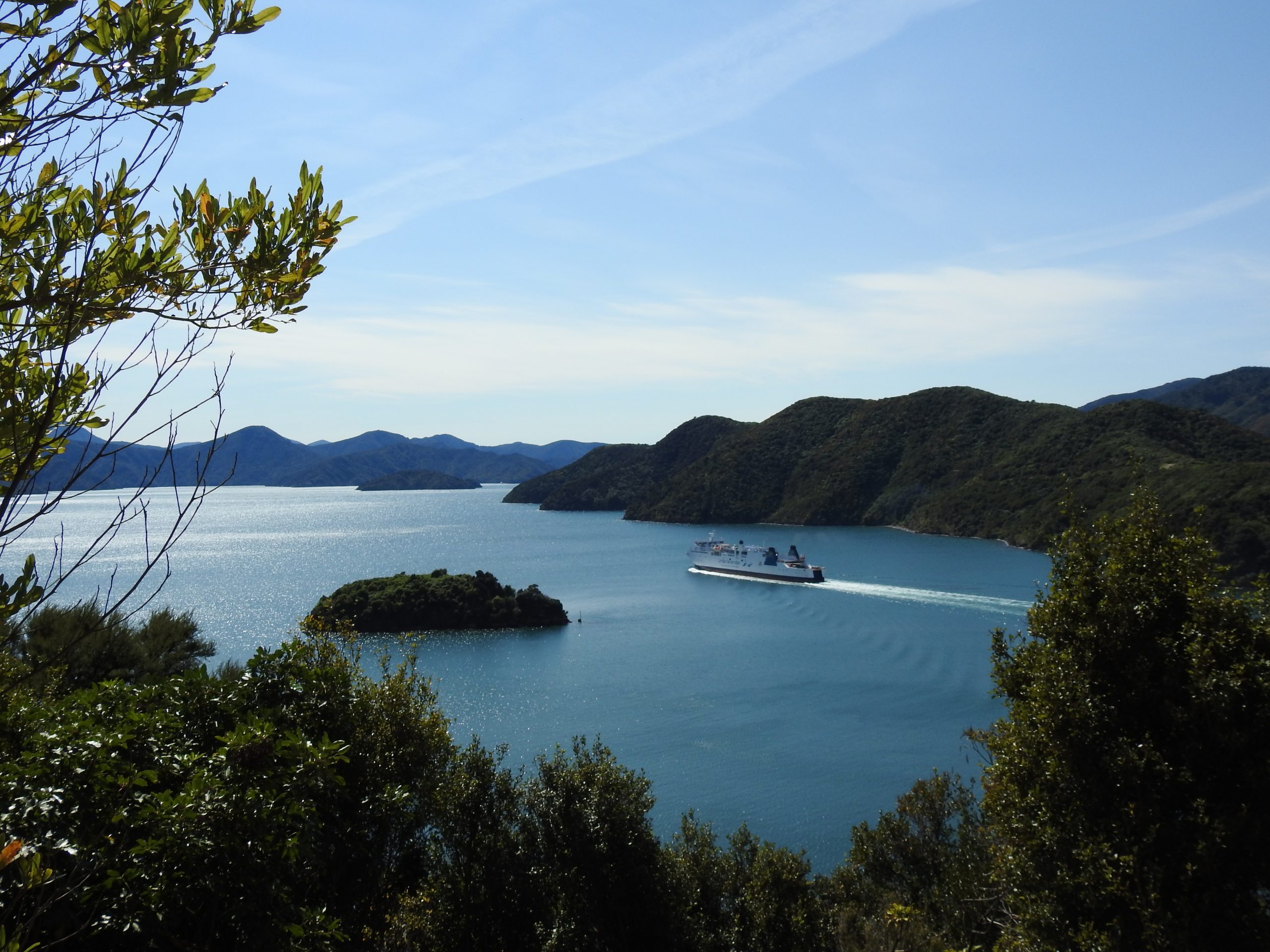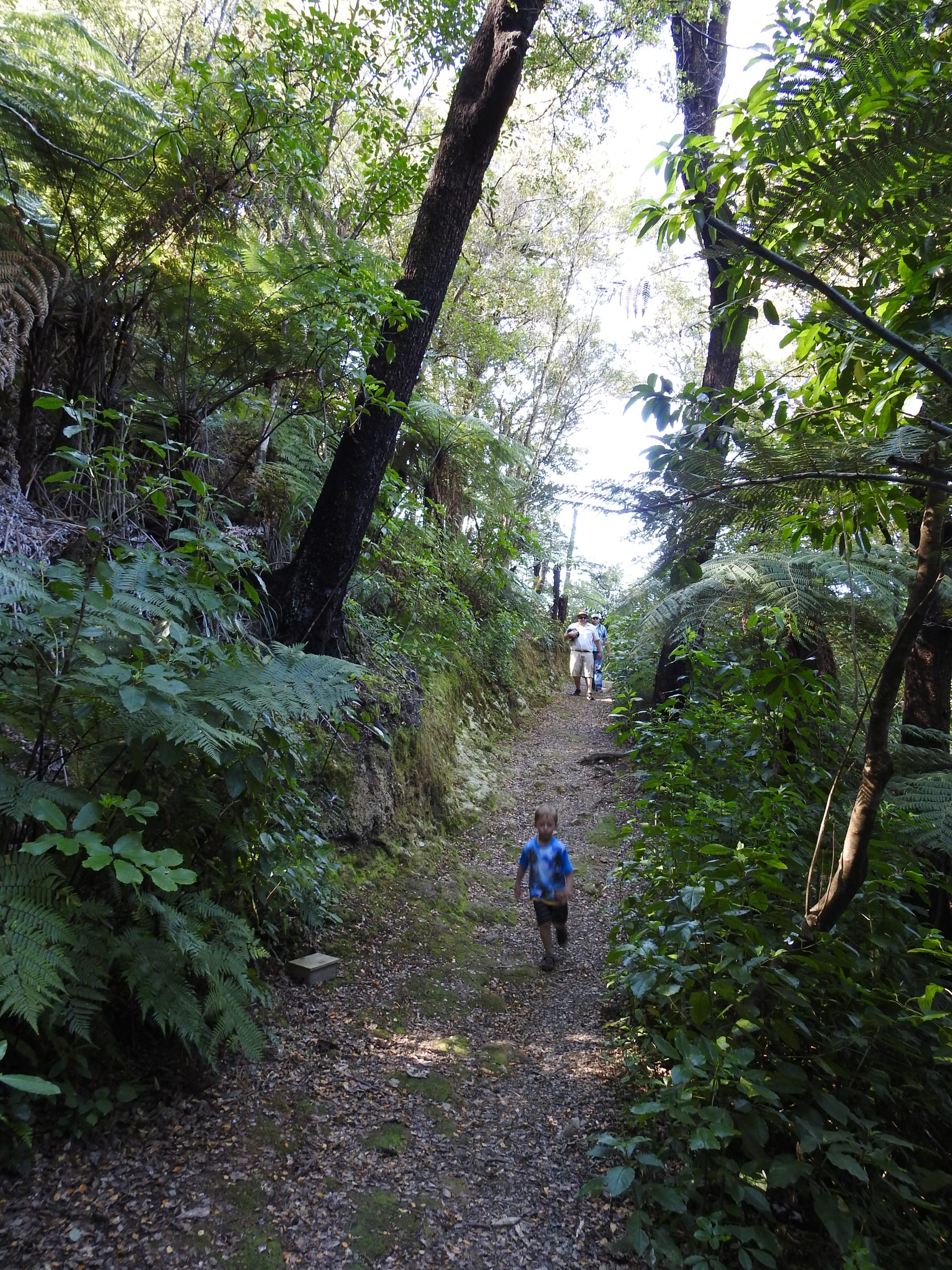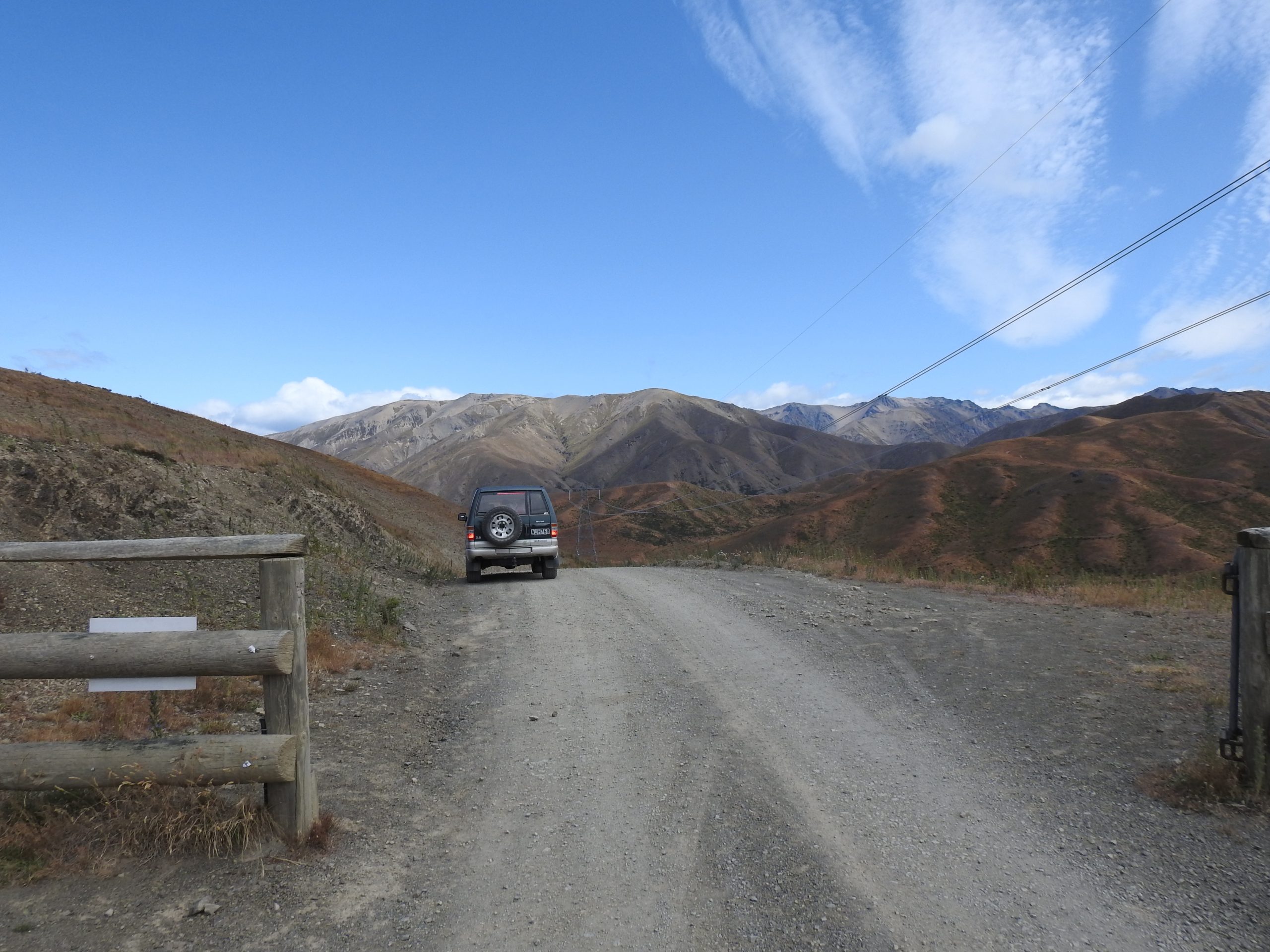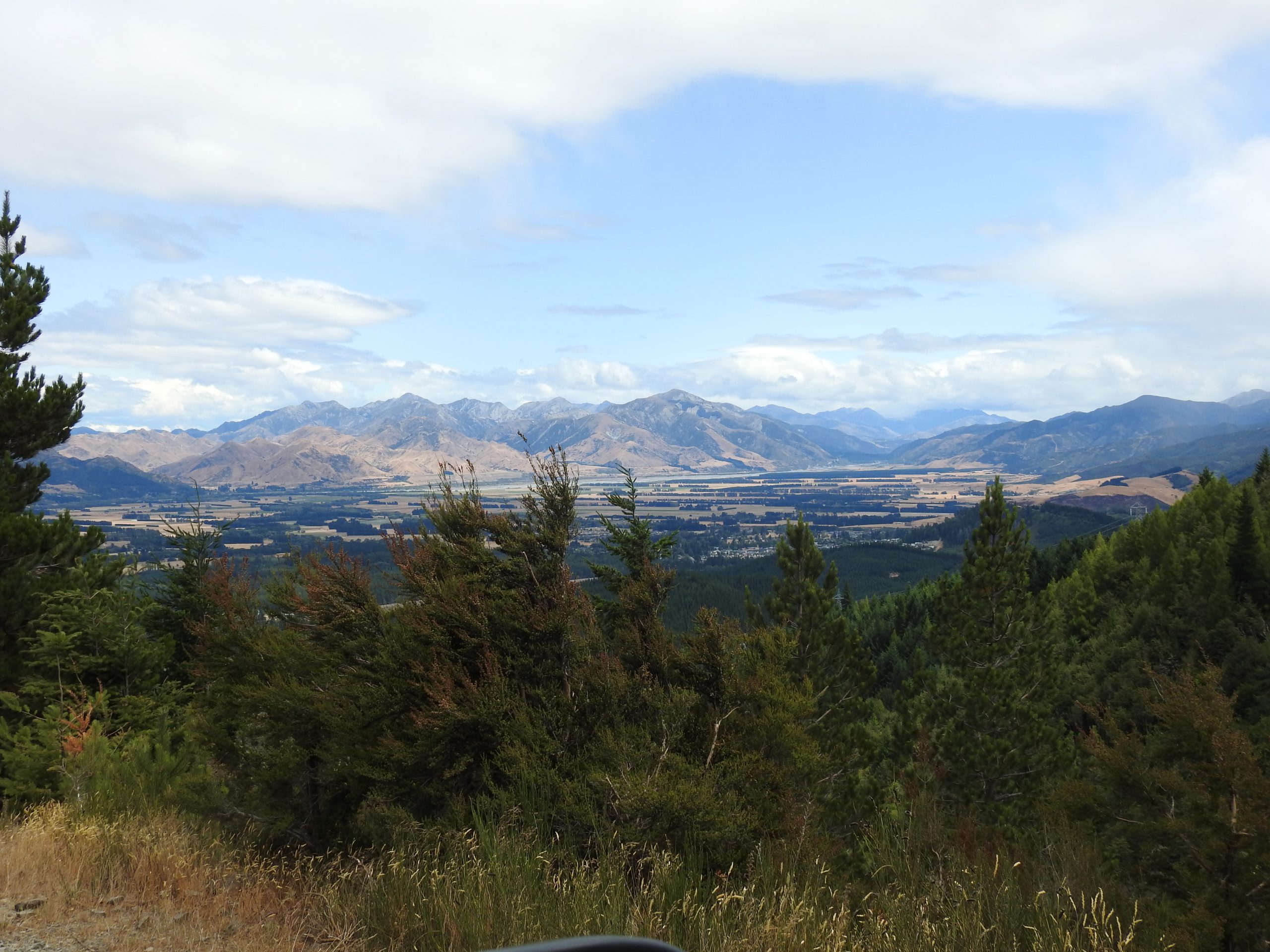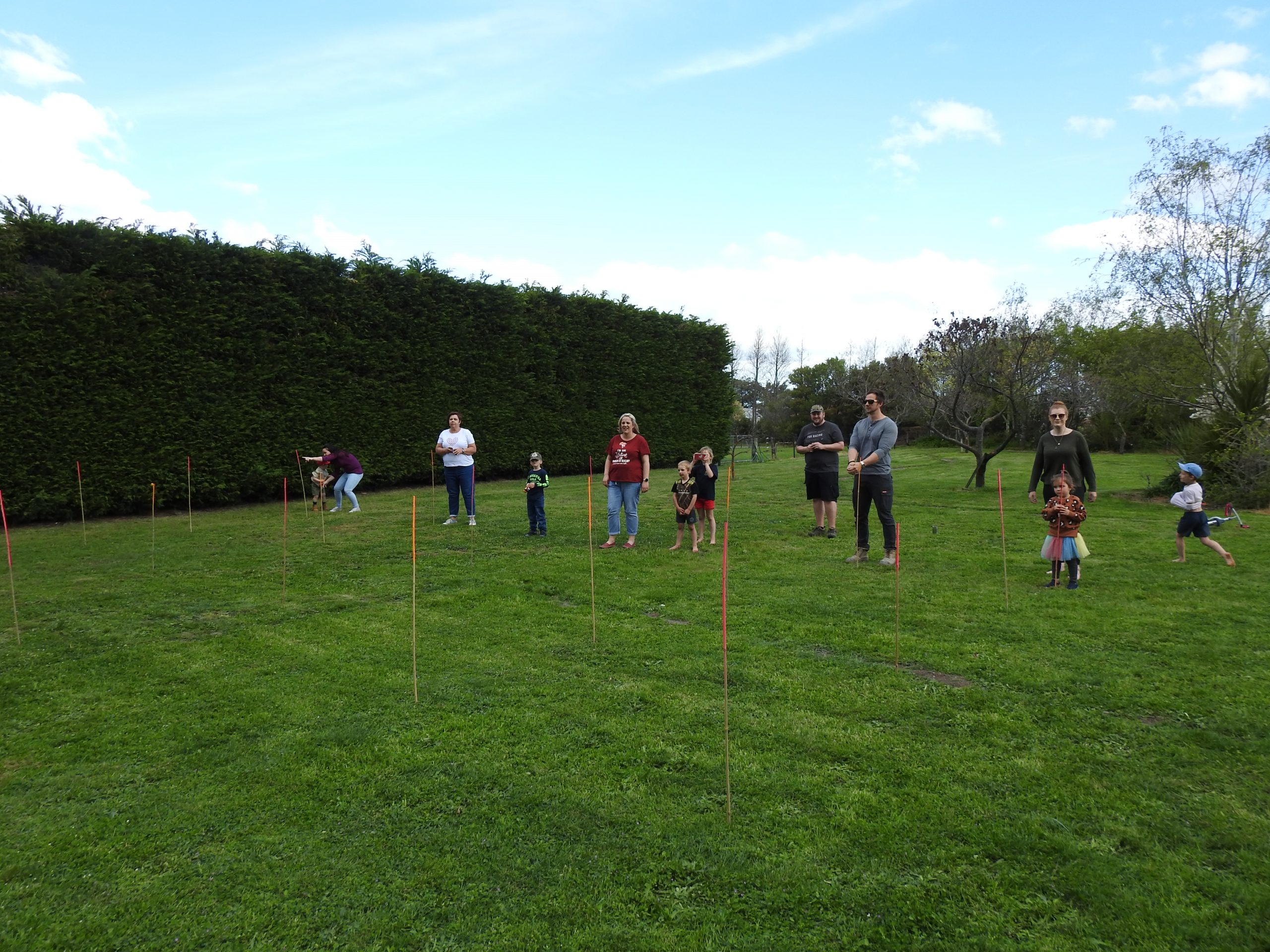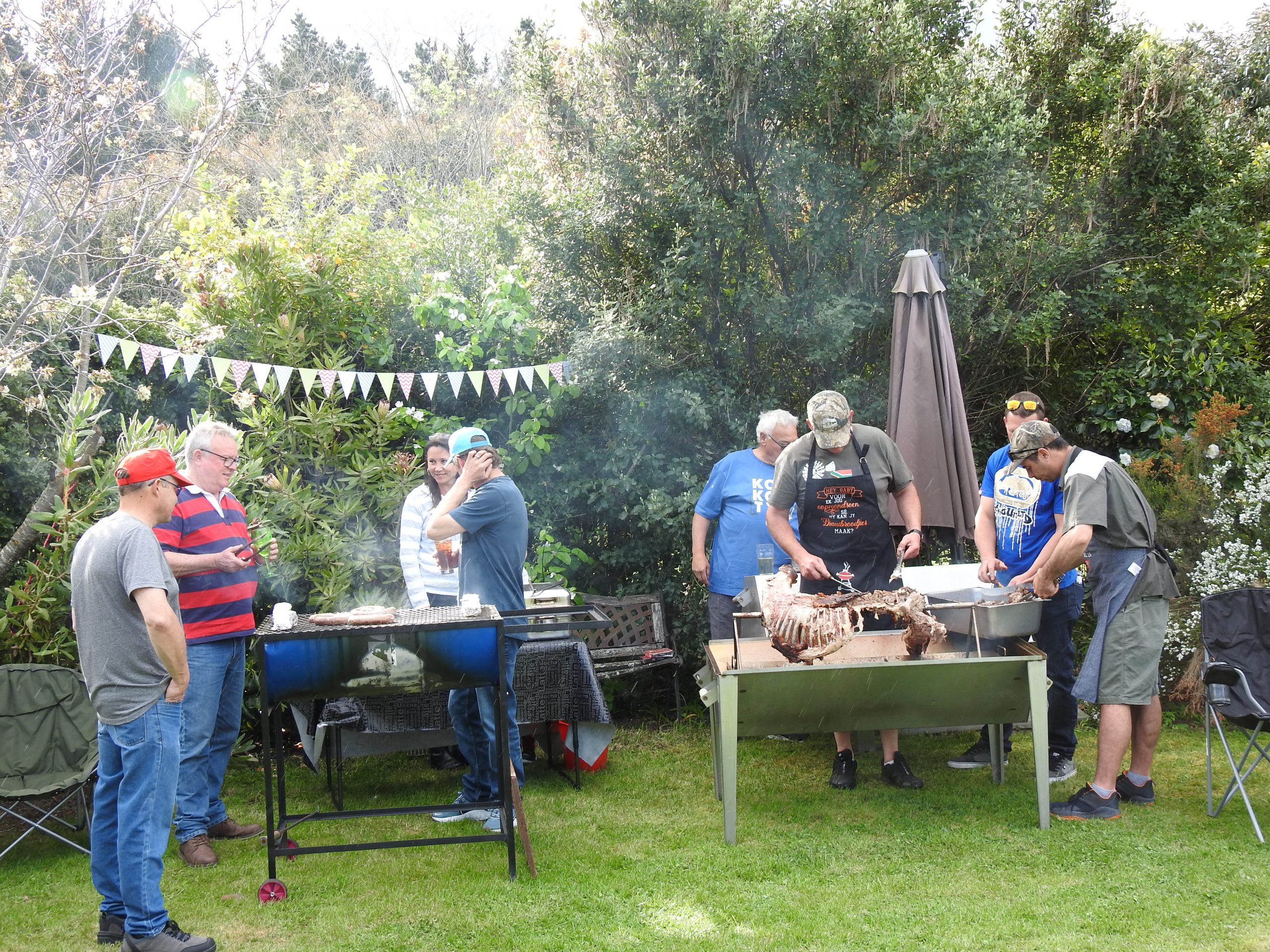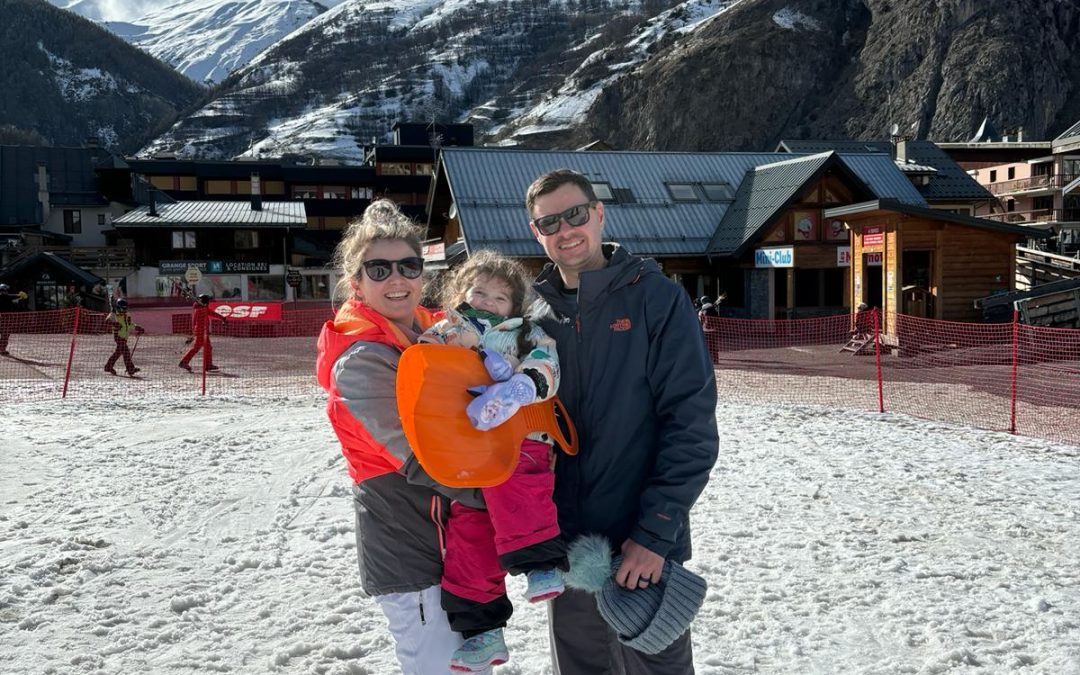Out and About is the column in which we talk to people who nowadays live abroad, or who had been living and working abroad. This week we talk to René du Preez, who lives with her family in Blenheim on the South Island of New Zealand.
1. Where do you live and why there?
We live in Blenheim on the South Island of New Zealand. We initially looked at Canada and the United Kingdom, but eventually decided it was not for us. At first, our focus was on securing our family’s future somewhere where we would be safe and prosperous. After a while, we realised we would have to look at places where we want to be rather than just where we do not want to be. What drew us to New Zealand were job availability, the lifestyle and the freedom. At that time, the unemployment rate was 4%. Also, here is a focus on work/life balance, the braai and rugby culture is the same as in South Africa, and we can freely practice our faith. We are a family of four – our daughter is fourteen and our son is five. He was not yet three when we came here, so he does not remember much about South Africa.
2. Was it hard to adapt?
I grew up in Pretoria and my husband in Johannesburg. We now live in a town with only 34 000 people. That in itself was an adjustment, but New Zealand’s entire population can fit into Gauteng! There are just under 5 million people in the whole country. This means you will most likely run into the same people regularly, and you will very quickly get to know the people in your industry. For some people, it may be an advantage, but others can very quickly start feeling suffocated. My industry has many marketing and communication opportunities, but my husband’s job has few. We joke that the whole of New Zealand is a small town. So, for city dwellers, it was a rather big adjustment. I also had to get used to windows without burglar bars and open yards. It was difficult at first because you feel exposed and unsafe. I regularly woke up to every sound. Eventually, you realise it’s unnecessary, and then you start to relax. Some adjustments we expected, such as not being able to get our favourite sweets. But the small town and safety were the biggest adjustments for us.
3. Do you still speak Afrikaans?
Our home language is still Afrikaans. We can see the children are struggling. Their sentences sound like a direct translation from English. It sometimes causes us great fun! Their world is English, and they only hear Afrikaans about 10% of the day. It is important to us that they retain the language and culture, so we make an effort to watch Afrikaans television programs and listen to Afrikaans music. But realistically speaking, we know they will be anglicised.
4. What was the strangest thing to get used to?
Oh my goodness, the time difference! In summer it’s eleven hours and in winter ten. This means that while it’s day in South Africa, it’s night with us, and vice versa. There is only a small window in the early morning and the evening to keep in touch with everyone. You can’t just call quickly when you think of something. You can’t just quickly share a joke on WhatsApp. It takes effort to keep relationships going, and you have to work hard to fit everyone into those windows.
5. How does the cost of living compare with that in South Africa?
It isn’t easy to compare the cost of living. Switching everything from rand to dollar drives you crazy. Usually, 500 ml of a cold drink, for example, costs about $3 (and 1,5 ℓ costs $2!). But if you take that amount as a percentage of your salary, it is a much smaller percentage than in South Africa. We get paid weekly, which takes a lot of pressure off us. We don’t pay medical aid, only an amount per visit to a doctor for adults. We don’t pay for water where we live, although this is not standard throughout the country. We have no security costs, and insurance costs us $12 per month. Our life insurance is $19 per month. Schools are free, or rather, your tax money pays for it. For me, the biggest measure of the cost of living is that I only have to work part-time, which I would never be able to afford in South Africa. This is our experience. The fact that we live in a small town means that our housing and transport costs are meagre. So, the picture may differ quite a lot in Auckland or Christchurch, where housing and travel costs can take a big bite out of your income.
6. Was it easy to make new friends and get involved in the community?
Making friends is challenging but not impossible. Again: Because it’s a small town, it was easier for us. Our town has a Facebook group and we contacted a few people before we came to New Zealand. We also attended social events such as a monthly visit to a pub and Braai Day. That way, we met other South Africans. The local people we have made friends with are the people we work with, people in our church and who we have met through schools and sports. The important thing is to find people who share your values and interests. I have learned that not all Afrikaans speakers will be your friends because they don’t necessarily share your values and norms. This is not wrong; it gives you the opportunity to make Kiwi friends.
7. What do you do for fun and relaxation?
New Zealand’s lifestyle is very much focused on sports and the outdoors. We regularly go hiking, we go to the beach or drive into the bundus with our 4×4. Here are many beautiful places to see, and we regularly try to visit new areas. Photos cannot really convey the grandeur of creation. Then, of course, one can’t talk about recreation if you don’t mention the braais. Our lifestyle has changed a lot since we’re here. Things we wanted to do but couldn’t afford are now possible. To go for a walk in the woods or play in the park is part of our children’s lives. They can go to the park or walk around all by themselves. We spend much more time outside and less at home!
Do you live abroad, or have you recently returned to South Africa? We want to hear from you. Please send us an e-mail to wereldwyd@afriforum.co.za.

